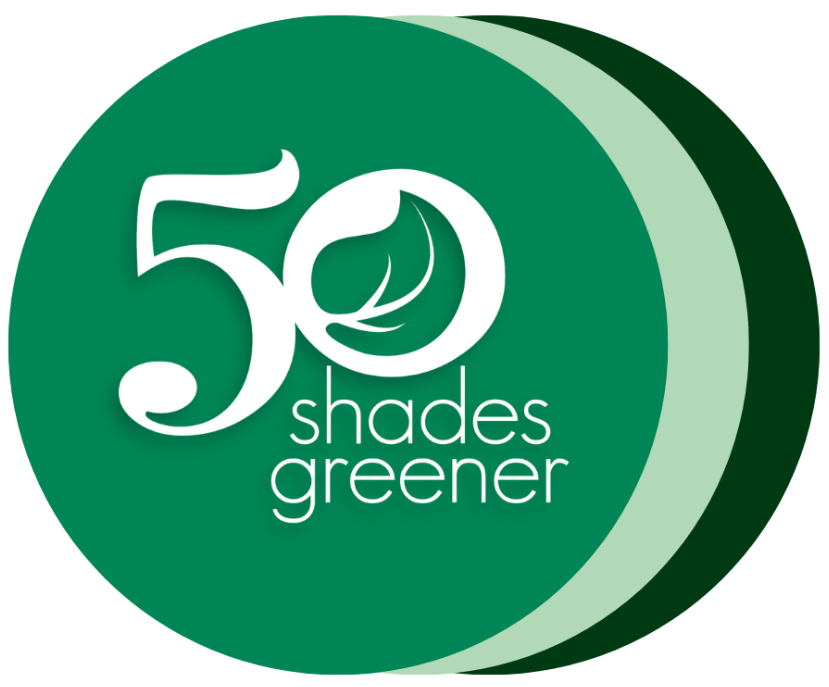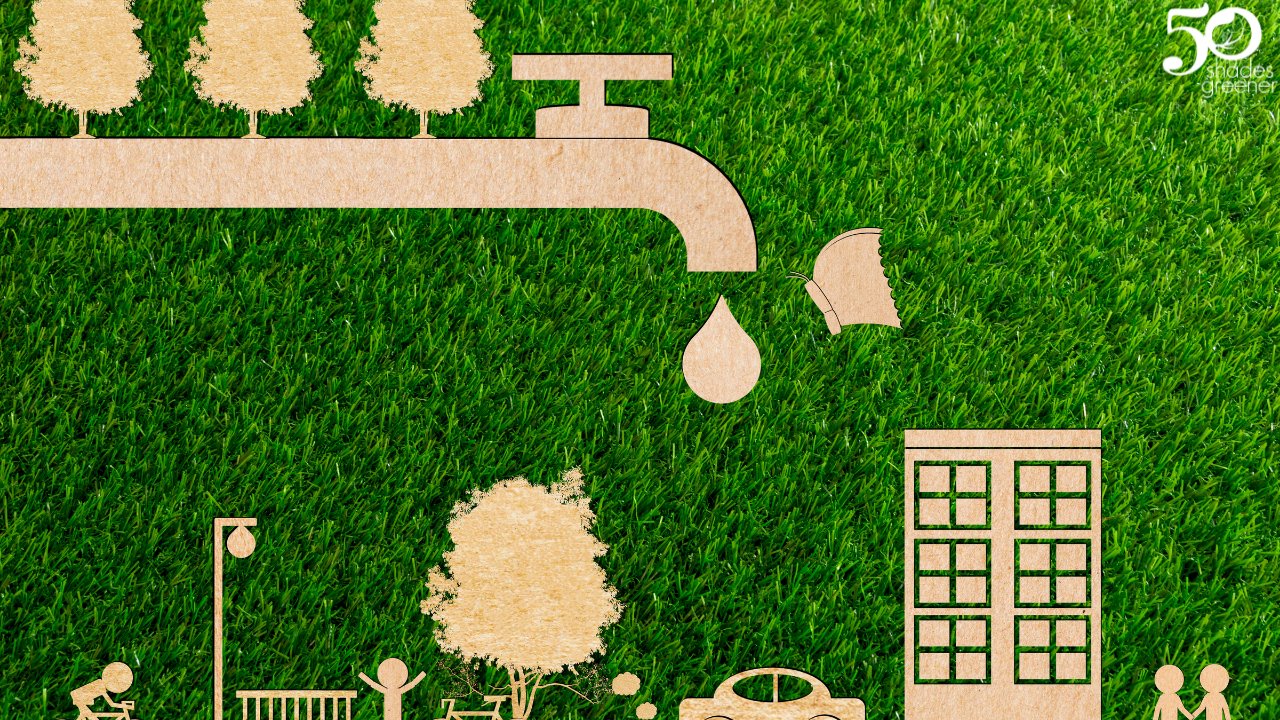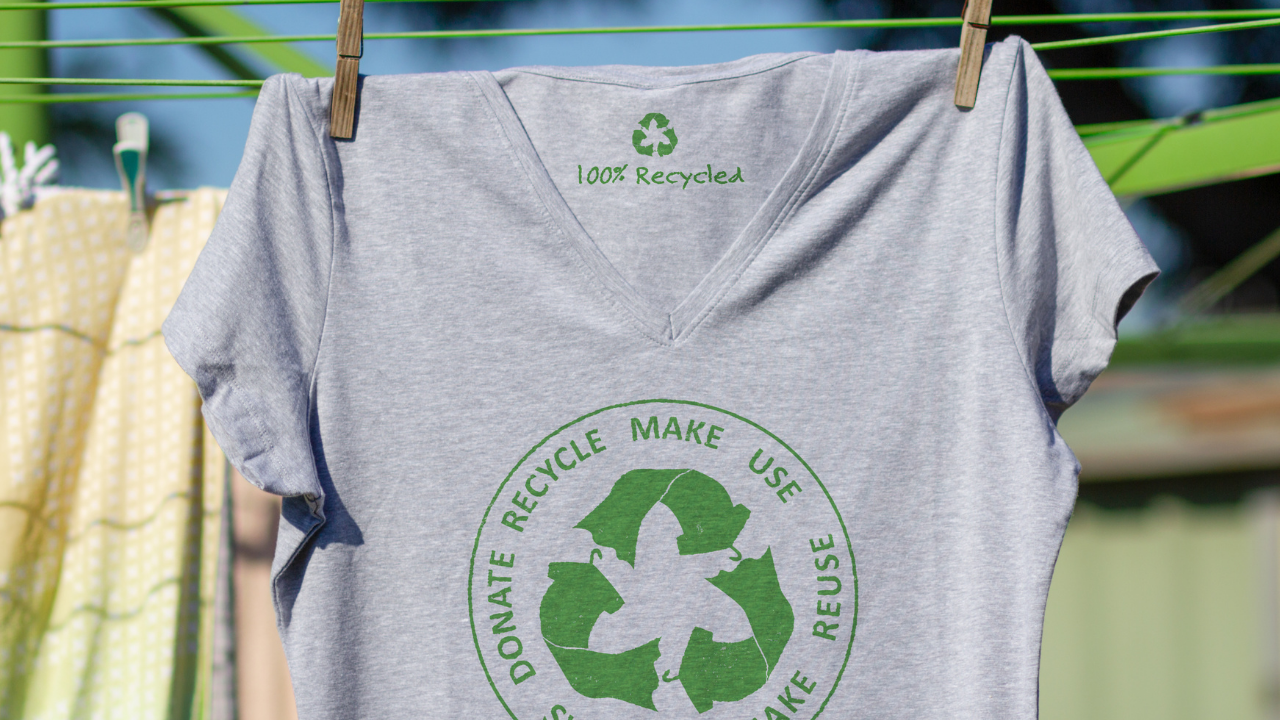I am an advocate for taking personal responsibility when it comes to environmental sustainability.
Every individual choice and action we take has consequences.
Take, for instance, our use of water. There is a perception that it is an abundant natural resource, however, it is limited. Of the 70%...
Changing your heating system is a significant investment and can feel like a daunting and unnecessary process. I wanted to investigate what options and grants are available for homeowners looking to move away from oil or gas heating to a more sustainable alternative.
Alternatives to Oil & Gas Heat...
At present in Ireland there are 53 operating data centres – 8 more are under construction with 26 having received planning permission.
Ireland is a prime location for these centres: we are in the E.U., we have a highly skilled young workforce and a climate suited to data centres (our cool tempera...
In 2015 at COP21 in Paris, it was agreed and became a part of the remit for many governments, that for the next 30 years there HAS to be a reduction in global carbon emissions.
For this to come to fruition in the future, we cannot only introduce higher rates of carbon tax, invest in public transpo...
We have often heard of the spread of invasive species, plant species like Japanese knotweed in Ireland, for instance. We come up with measures to remove them, so they do not wreak havoc on the local plant species and land. Yet we have not really considered the most destructive and invasive species ...
As defined by the European Parliament;
“The circular economy is a model of production and consumption, which involves sharing, leasing, reusing, repairing, refurbishing and recycling existing materials and products as long as possible. In this way, the life cycle of products is extended.”
The driv...
It is a place many of us love to be on a sunny day, or on our holidays – by the sea. Looking out on that beautiful, vast horizon I normally find my problems become minute, but how often does it enter our minds that it is being overwhelmed with plastic pollution? I fear this problem is very much “o...
Inequality amongst the human race is something that has caused a lot of pain and suffering over the centuries, and unfortunately, injustice continues in present times.
Let’s look to the past to inform our present. The foundations of many of today’s inequities are centuries old and they have remaine...
At Fifty Shades Greener, we always say that small actions do count, especially when being carried out by many. This blog series will endeavor to highlight those people or communities who are driving REAL action.
We hope their stories inspire you, and more importantly that they spark hope.
Our ...
18 months ago, the ‘Work from Home’ movement was building momentum, but for the vast majority of office workers, the concept of having a permanent full time office seemed unlikely.
The pandemic saw something we never thought we would witness in our lifetime, where industry and businesses grounded t...
With the news that soft plastics are now recyclable in Ireland I was left with a lot of questions.
Firstly, when is my waste company going to let me know about these changes and what I need to do to segregate properly by their guidelines?
Can I start segregating soft plastic in my home bins today...
Lockdown life was and is tough. People do what they can to get through it and one such thing for me, was watching TV in the evening. Escapism was easy and I am privileged to have access to free TV and films.









